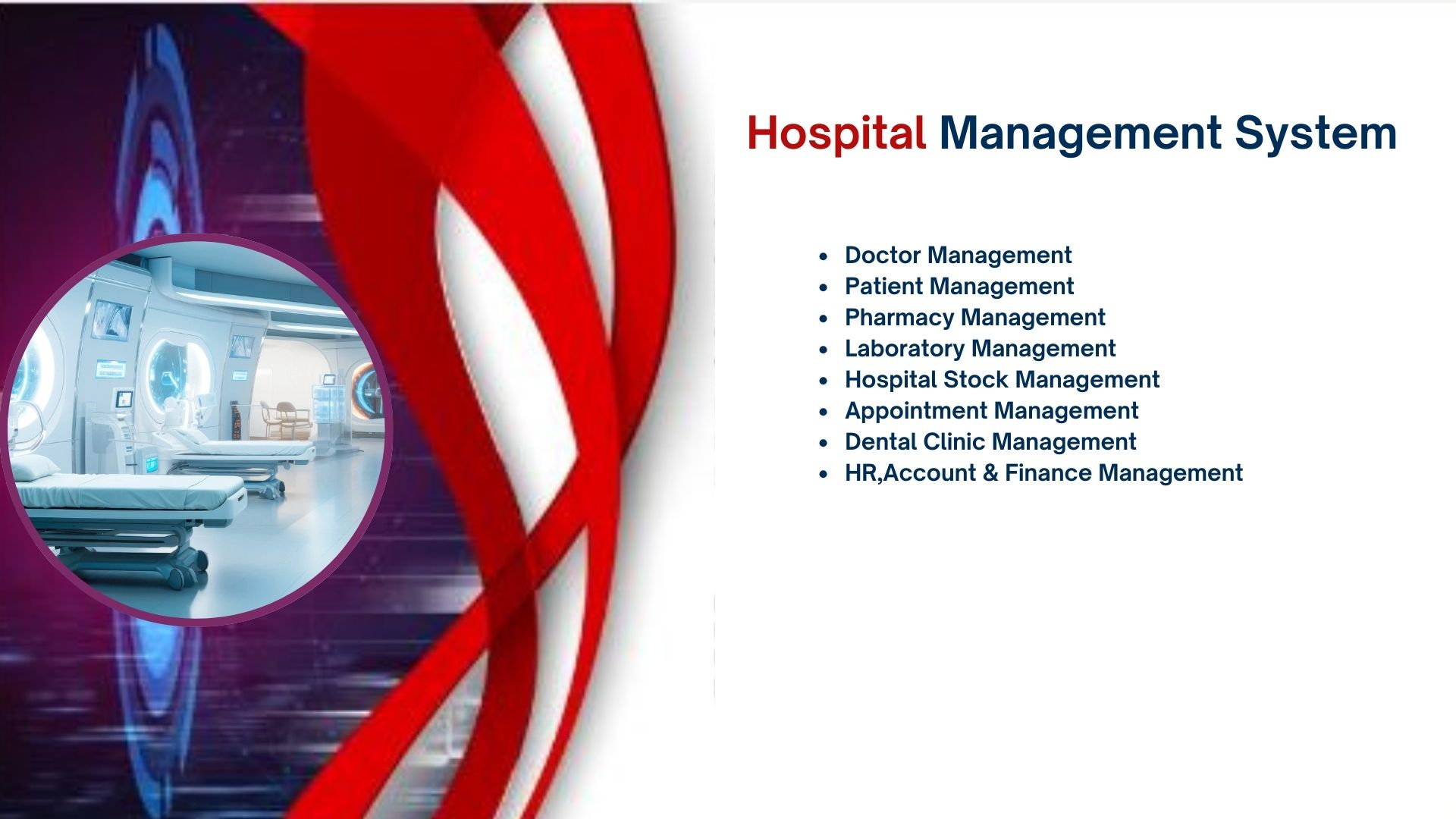
A Comprehensive Overview of the Hospital Management System (HMS)
Hospitals can manage data and information about patients, providers, processes, and other topics by using a hospital management system, which helps to ensure that procedures are carried out efficiently and quickly. An HMS is essential when considering all of the different areas and divisions that make up a hospital. Since its introduction in 1960, the hospital database management system has undergone significant development. It can now be integrated with the hospital’s current infrastructure, software, and systems. Patients can now start the healthcare process right from the palm of their hand thanks to mobile devices and apps. Hospitals and healthcare providers then become involved in this process.
Hospital Management System Applications
A hospital is a perfect candidate for data management software because of the numerous processes, people involved, and large volumes of data they handle. Hospitals cannot hope to function effectively, deliver first-rate care, protect patient and other data confidentiality, and function seamlessly without an efficient hospital management system software. The advantages of a hospital management system include fewer paperwork, less human intervention for paperwork, fewer staff members for tasks that the HMS can handle, faster processes, fewer errors, and data privacy and security.
Crucial elements of a healthcare administration system
- Management of Operation Theatres
Because surgeries are time-consuming and lengthy, a hospital needs to be aware of the schedule in order to prevent overbooking and guarantee that the necessary surgeons, physicians, and operating room personnel are available. A hospital could remind the supervising surgeon and other staff members needed for a procedure, as well as provide patients and their next of kin operation schedules, test results, and other information.
- Laboratory Administration
Using a single hospital management system, keep accurate records of all tests, payments received, report generation dates, patient information, customized reports, prompt notifications to patients and laboratory staff, and comprehensive MIS reports.
- Invoicing Control
The ability of Hospital Management Systems to assist in tracking bills that are in line with doctor fees, treatments, and tests is a great feature, especially considering the vast amounts of data that hospitals must manage in all respects. The system can automatically gather patient data, send out bill payment reminders, show discounts, give patients and their families multiple payment options, and maintain track of patient visits and payments.
- Facilities Administration
A thorough hospital management system will make it possible to open multiple branches at different hospital locations. This guarantees that patients can receive care at any branch and that physicians can view their records from any location.
